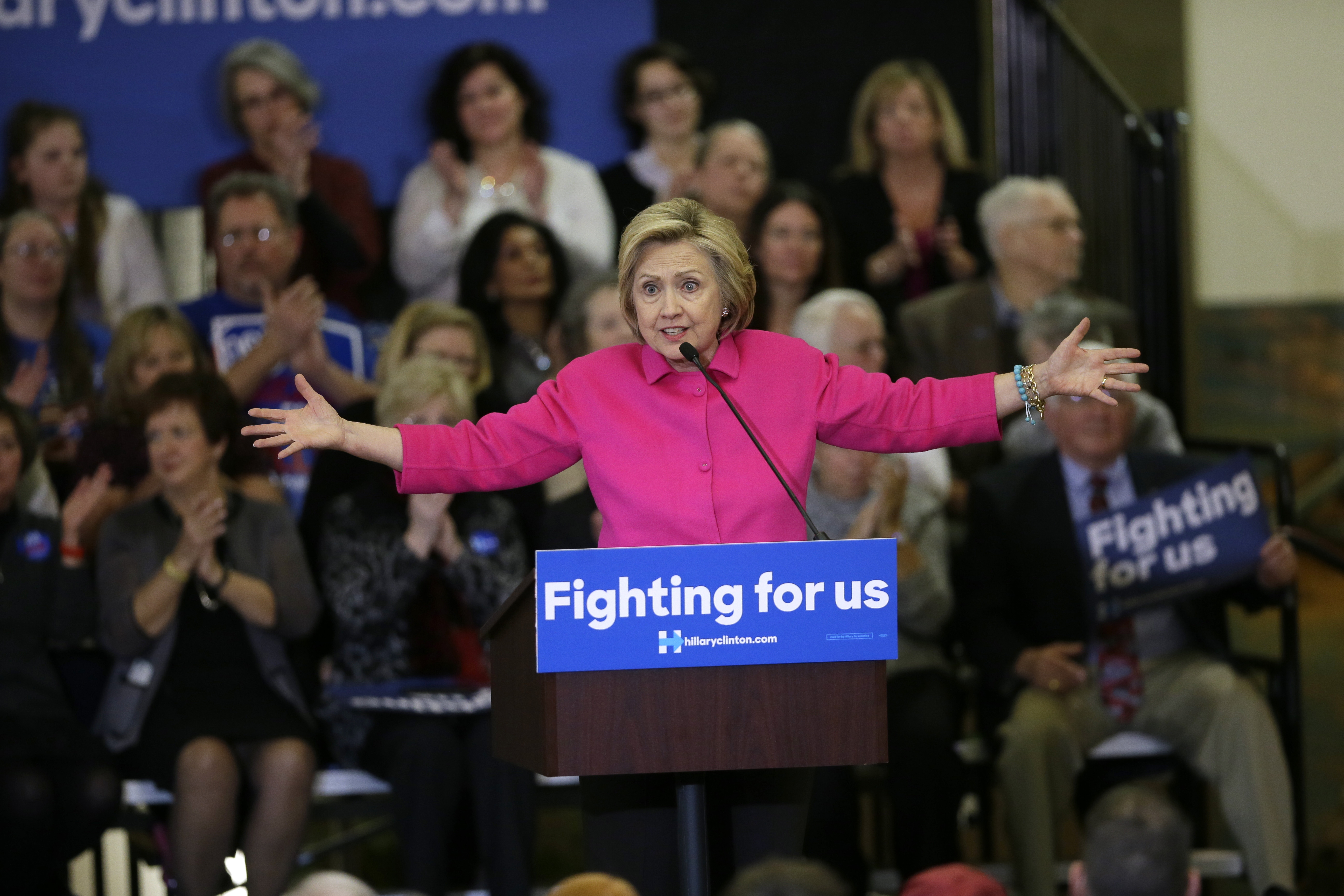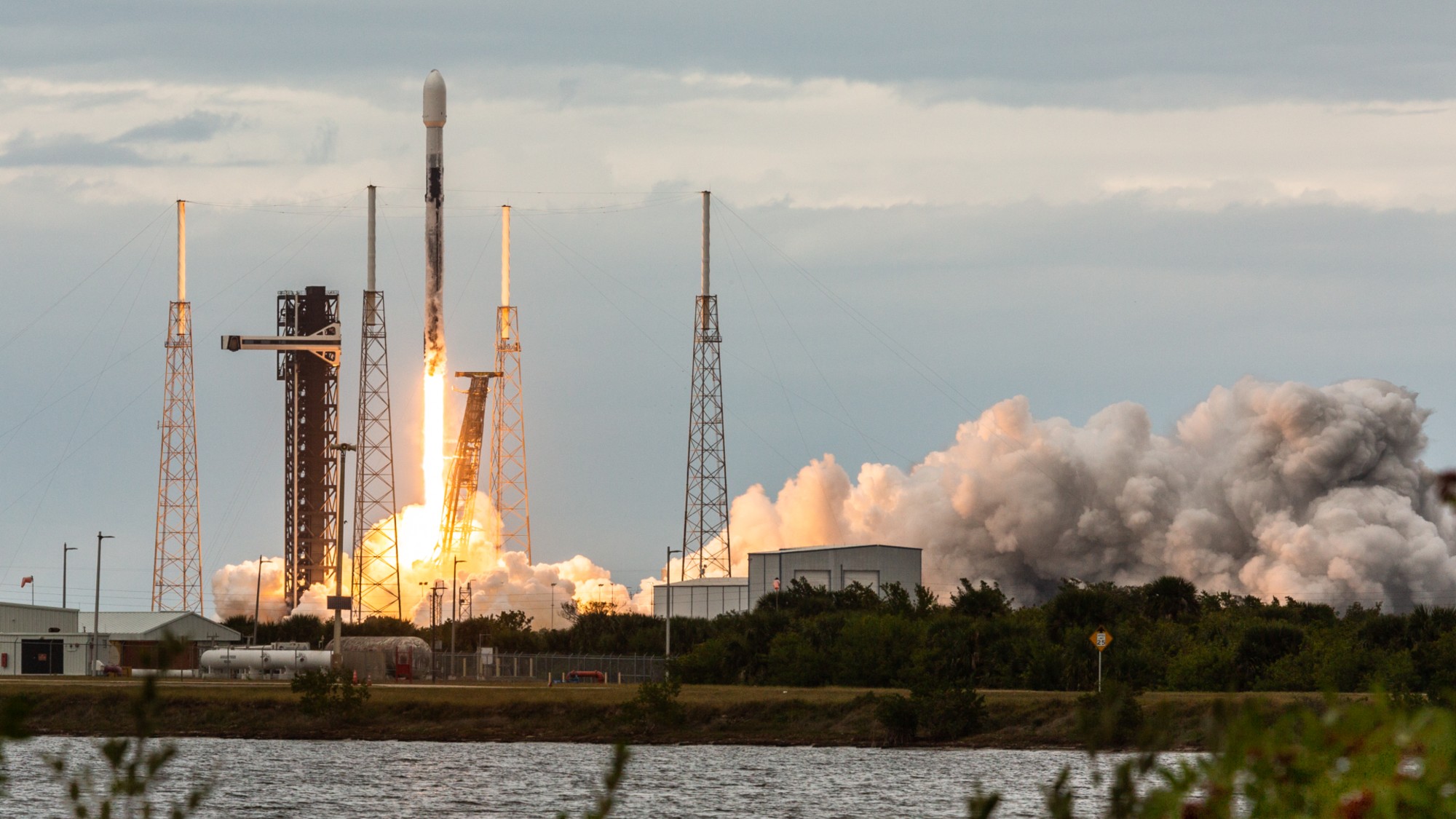Hillary Clinton's inequality plan has big problems
Is that all there is?


The U.S. presidential race has seen each party obsessed by one big issue. For Republicans, it's immigration — or at least what Donald Trump is saying on a particular day about immigration. For Democrats, it's income inequality. Hillary Clinton says we need to "reshuffle the deck" to give the middle-class a better deal. Bernie Sanders complains about a "rigged game" in favor of the rich.
The GOP front-runner's solutions — a giant, impregnable wall on the southern border and mass deportation — have gotten plenty of scrutiny. The bipartisan wonk consensus is that they're unworkable, if not ludicrous and counter to traditional American values. But Clinton's inequality agenda, while certainly in the public policy mainstream, has big problems, too. Here are the three pillars of her plan — and why they fail:
1. Higher taxes on the rich. Clinton would raise investment tax rates on wealthier Americans, while also closing or reducing tax breaks that mostly benefit those at the top. Now there may be fairness or revenue-raising reasons for such policies. But by themselves, tax hikes are a poor way to reduce inequality. A recent Brookings analysis looked at what would happen if the top tax rate were increased to 50 percent from 40 percent — the highest rate since 1986 — with new revenue going to the bottom fifth of all households. We're talking about $100 billion a year in income redistribution. Yet the study's authors found the resulting impact on income inequality, as measured by the Gini coefficient index, to be "exceedingly modest." Basically a rounding error.
The Week
Escape your echo chamber. Get the facts behind the news, plus analysis from multiple perspectives.

Sign up for The Week's Free Newsletters
From our morning news briefing to a weekly Good News Newsletter, get the best of The Week delivered directly to your inbox.
From our morning news briefing to a weekly Good News Newsletter, get the best of The Week delivered directly to your inbox.
2. Raising the minimum wage. Clinton supports a federal $12 minimum wage and believes "we should go further... through state and local efforts: such as the 'Fight for 15.'" Many on the left portray minimum wage hikes as "settled science," hand waving away concerns about negative job impacts. They shouldn't. For instance, new research by University of California, San Diego economist Jeffrey Clemens finds minimum wage increases from 2006 through 2012 had "significant, negative effects on low-skilled workers' employment." Likewise, a new analysis released by the San Francisco Federal Reserve finds "few of the benefits" from a higher minimum wage "are likely to flow to poor families, and some go to quite high-income families." And in a recent op-ed, former Obama White House economist Alan Krueger concludes $15 an hour is beyond international experience, and could well be counterproductive.
3. Universal pre-school. Clinton wants "every 4-year-old in America [to have] access to high-quality preschool in the next 10 years." But the value of pre-kindergarten is another issue that's far from settled, even though media coverage typically treats it as such. For example, a recent study on Tennessee's preschool program for low income families failed to find "any sustained effects, either in social and emotional development or achievement." Indeed, the kids who attended preschool fared worse academically by third grade than those who didn't. One reason the research is so compelling is that it looks at pre-K as it operates in the real world.
The U.S. needs to reform its immigration system intelligently. And America's changing economy may be less adept at providing shared prosperity than in the past. But the solutions need to be data-driven and evidence based.
More importantly, the top economic issue facing America is weak economic growth. The latest data suggest the U.S. remains a 2 percent economy, as it has throughout the recovery. Not only is that pace of growth weak by postwar standards, it puts the economy at a chronically higher risk of recession. Indeed, the recent stock market selloff partially reflects investor fears than a Chinese slowdown may be enough to trigger a U.S. downturn.
A free daily email with the biggest news stories of the day – and the best features from TheWeek.com
And if that happens, voters may wonder why the presidential candidates have been talking about the wrong thing for the past year.
James Pethokoukis is the DeWitt Wallace Fellow at the American Enterprise Institute where he runs the AEIdeas blog. He has also written for The New York Times, National Review, Commentary, The Weekly Standard, and other places.
-
 A running list of the US government figures Donald Trump has pardoned
A running list of the US government figures Donald Trump has pardonedin depth Clearing the slate for his favorite elected officials
-
 Ski town strikers fight rising cost of living
Ski town strikers fight rising cost of livingThe Explainer Telluride is the latest ski resort experiencing an instructor strike
-
 ‘Space is one of the few areas of bipartisan agreement in Washington’
‘Space is one of the few areas of bipartisan agreement in Washington’Instant Opinion Opinion, comment and editorials of the day
-
 Bari Weiss’ ‘60 Minutes’ scandal is about more than one report
Bari Weiss’ ‘60 Minutes’ scandal is about more than one reportIN THE SPOTLIGHT By blocking an approved segment on a controversial prison holding US deportees in El Salvador, the editor-in-chief of CBS News has become the main story
-
 Has Zohran Mamdani shown the Democrats how to win again?
Has Zohran Mamdani shown the Democrats how to win again?Today’s Big Question New York City mayoral election touted as victory for left-wing populists but moderate centrist wins elsewhere present more complex path for Democratic Party
-
 Millions turn out for anti-Trump ‘No Kings’ rallies
Millions turn out for anti-Trump ‘No Kings’ ralliesSpeed Read An estimated 7 million people participated, 2 million more than at the first ‘No Kings’ protest in June
-
 Ghislaine Maxwell: angling for a Trump pardon
Ghislaine Maxwell: angling for a Trump pardonTalking Point Convicted sex trafficker's testimony could shed new light on president's links to Jeffrey Epstein
-
 The last words and final moments of 40 presidents
The last words and final moments of 40 presidentsThe Explainer Some are eloquent quotes worthy of the holders of the highest office in the nation, and others... aren't
-
 The JFK files: the truth at last?
The JFK files: the truth at last?In The Spotlight More than 64,000 previously classified documents relating the 1963 assassination of John F. Kennedy have been released by the Trump administration
-
 'Seriously, not literally': how should the world take Donald Trump?
'Seriously, not literally': how should the world take Donald Trump?Today's big question White House rhetoric and reality look likely to become increasingly blurred
-
 Will Trump's 'madman' strategy pay off?
Will Trump's 'madman' strategy pay off?Today's Big Question Incoming US president likes to seem unpredictable but, this time round, world leaders could be wise to his playbook
